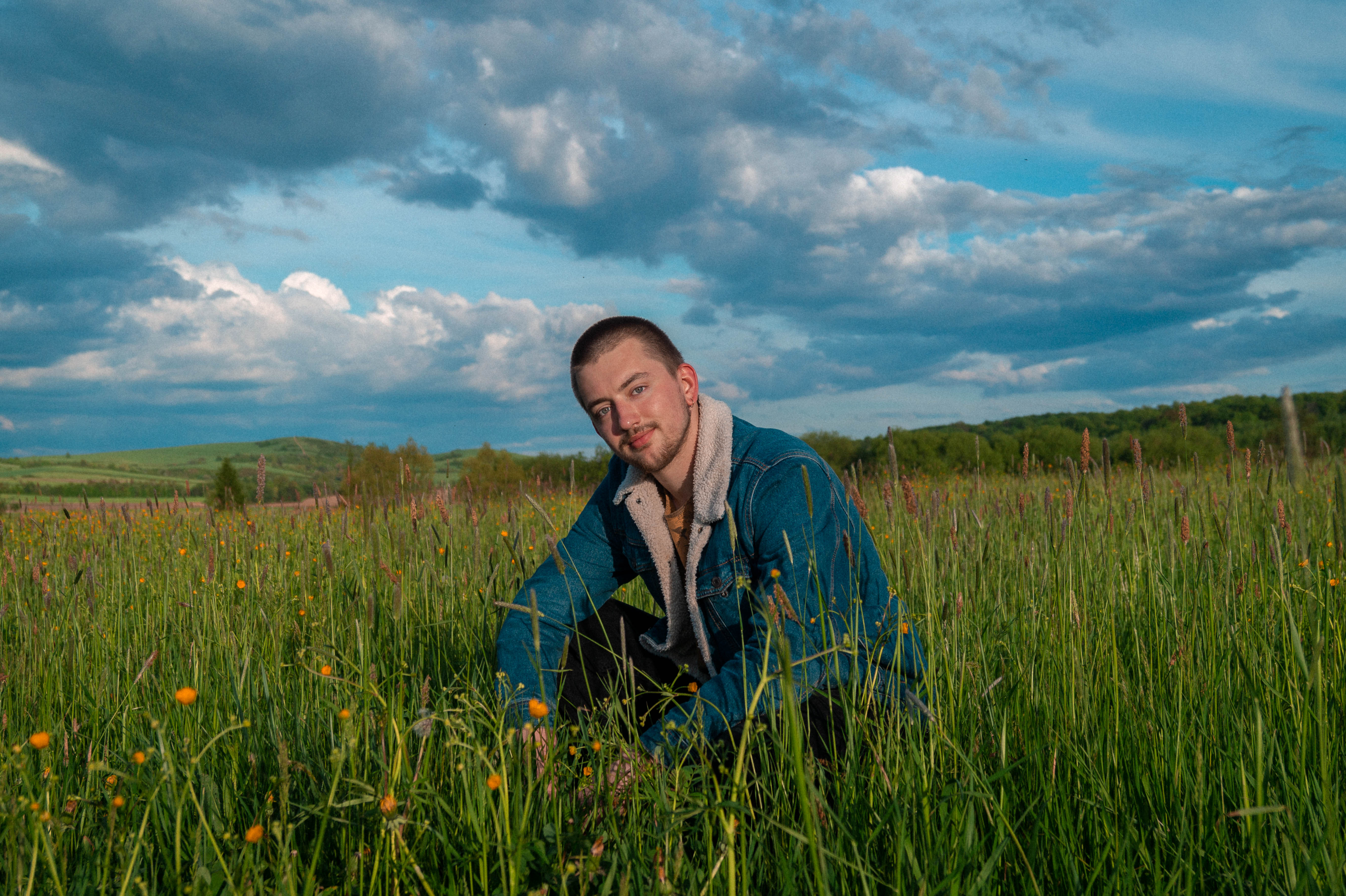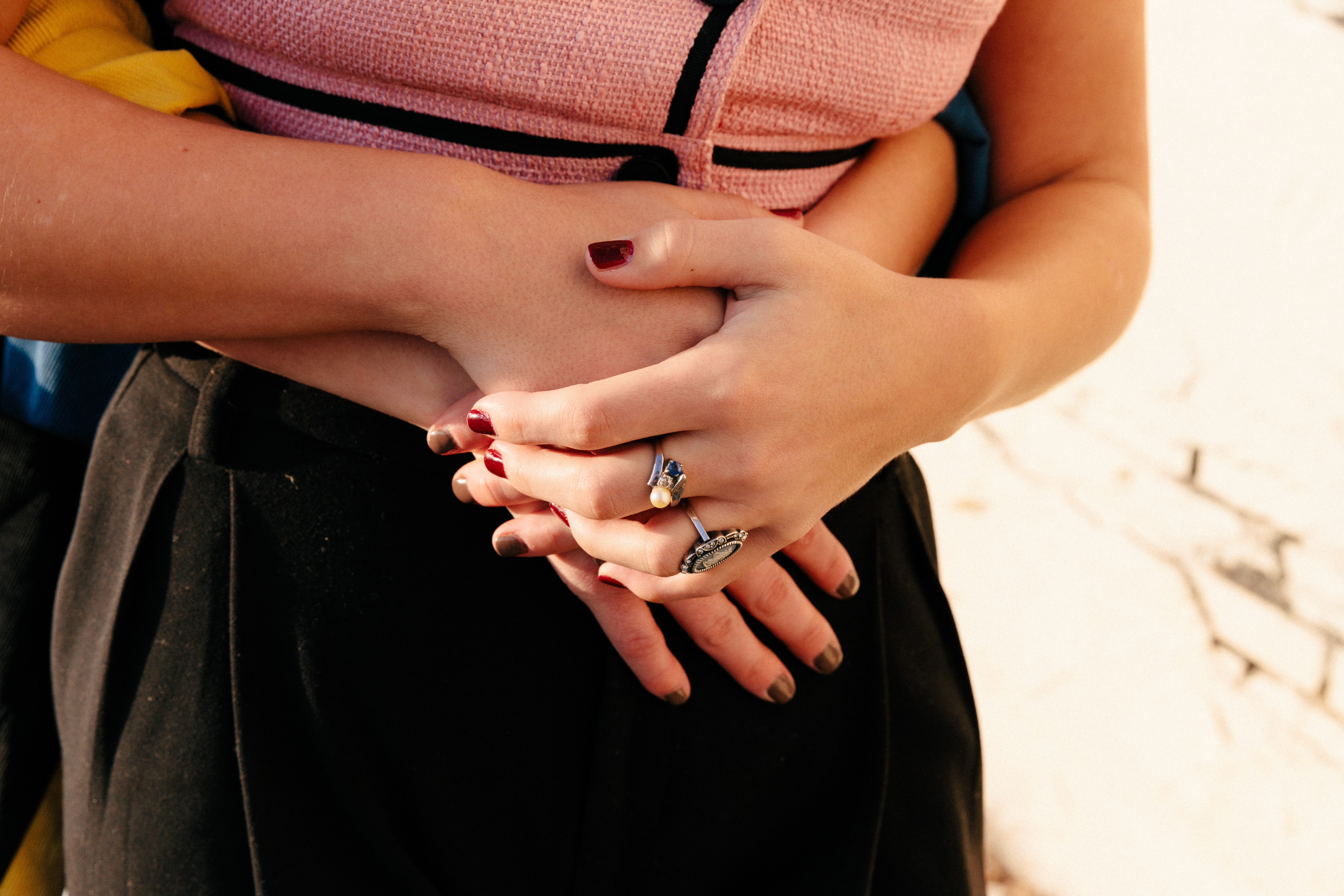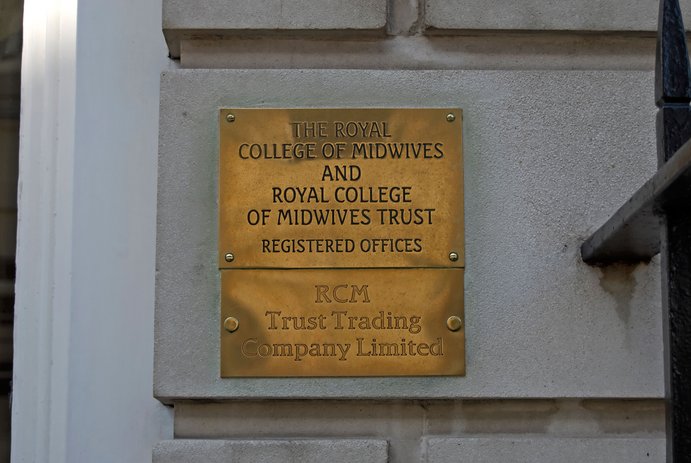Arguing for an overhaul of the 1951 UN Refugee Convention, which has been signed by 146 countries, Suella Braverman claims that “simply being gay, or a woman, and fearful of discrimination in your country of origin is not sufficient to qualify someone for protection.”
This framing is designed to imply that countries like the UK should stop spending limited resources on assisting women and LGBTQ+ people who flee persecution.
But far from overindulging arrivals who could stay home or take their troubles elsewhere, the UK is detaining disturbing numbers of LGBTQI+ asylum seekers for months on end - in centres where many face homophobic bullying from staff and other detainees. The Lead can reveal that as many as 129 LGBTQI people who stated they were fleeing persecution were being held in detention centres including the notorious Yarl’s Wood, in 2022. The numbers were disclosed in response to a Freedom of Information request submitted by the charity Rainbow Migration, and shared exclusively with The Lead.
“They are bullied and discriminated against by staff and others who they are held alongside,“ Leila Zadeh, executive director at the charity, tells The Lead. “Many feel a need to go back into the closet, and the whole experience can resemble the situations they have fled from, risking re-traumatising them. All of this has long-lasting effects on mental health.”
People who have accessed Rainbow Migration’s services in recent years told them they had been locked in rooms overnight with people who were violently homophobic towards them, got no help from staff to whom they reported concerns, or were put in isolation “for their own safety”.
Many asylum seekers are afraid to disclose their sexuality as part of their asylum claims because they are fearful about finding themselves locked up in close quarters with people who share the same homophobic attitudes they have fled - and others don’t trust the Home Office not to out them to their home communities if their asylum request is denied.
“Having spent their lives trying to conceal their identity and facing abuse and rejection, the thought of speaking to a government official and complete strangers, about the most intimate aspects of their lives is incredibly frightening,” says Carenza Arnold of Women for Refugee Women.
Living in fear
As a young child in Malawi, Manono - who asked for only her first name to be used - knew she was attracted to girls, not boys. Manono kept silent about her sexuality as she got older, fearful she would be killed if she came out - a fear informed by fact as she had heard of this happening in her country. Her family arranged for Manono to marry a rich man, but before they wed, he paid for her to study nursing at university in England. It was a chance to escape a life of fear.
In 2004, Manono travelled to England to begin her course. Although she wanted to claim asylum as a student, she was advised it would jeopardise her student visa, so she waited until October 2012, when she had completed her degree.
"Many feel a need to go back into the closet"
“I was scared of being persecuted or killed,” the now 44-year-old tells The Lead, recalling why she didn’t want to return home.
Afraid to reveal she was a lesbian to her immigration solicitor in case she would be outed if sent back to Malawi, Manono didn’t cite her sexuality as a reason for claiming asylum.
After a series of refused asylum applications, Manono was told she would be detained in Yarl’s Wood Immigration Removal Centre before being deported.
“I had to keep it [my sexuality] a secret,” she says.
As Manono was being driven to the notorious Yarl’s Wood detention centre, she told her driver how fearful she was. “He was telling me he would help me - that I would not be deported,” she says. “I asked him how he could help. He told me by sleeping with him and getting pregnant.”
On arrival, Manono knew Yarl’s Wood was worse than prison. “At least in prison you have a time limit,” she says.
“My mental health was really bad because I was silent,” she adds. “It was like reliving my history of being in Africa.”
After a month, it was discovered Manono’s solicitor had made a mistake on her asylum application, so she was released on bail with the help of Refugee Women Connect. They appealed her rejected claim, this time noting her sexuality, but her application was once again refused because she didn’t have enough evidence to prove how her sexuality put her at risk in her country.
“When you come to the UK as a refugee, you don’t think about bringing evidence of being LGBTQ because you are running away from your country where you aren’t safe,” she explains. “When the Home Office tell you that you have to get evidence, you don’t know what they mean.”
After a month outside of the detention centre, Manono was once again detained in Yarl’s Wood. This time, she would stay for six months.
Knowing her sexuality was now public, Manono was scared of being deported to Malawi.
“I made contact with one of my aunties [in Malawi] to tell her I was getting deported,” Manono recalls. “When I told her about my sexuality, she was not happy. She said she couldn’t keep someone like me in her house. She called me a ‘witch’.”
Other women from Malawi in detention told Manono she shouldn’t accept her sexuality and preached to her to change her ways.
She recalled hearing stories of women from the LGBTQI+ community being physically and sexually assaulted by staff, including one lesbian woman who was made pregnant by one of the male nurses.
As the months went on, Manono became more desperate and “wanted to end everything”.
“It was all too much,” she remembers. “I couldn’t eat. The depression was really bad.”
Refugee Women Connect once again stepped in, requesting Manono be “bailed out” of detention based on her severe mental health issues. In 2014, Manono was released and put in a new asylum claim. Nearly ten years later, she is still waiting to hear back about her asylum decision.
After being released, Manono had no support and was homeless for a year. She was then given Home Office accommodation, but says it was “so dirty and bad to live in - that there was water from the upstairs toilet leaking through the ceiling” onto her bed.
“If they don’t accept [my sexuality], how am I going to live my life?” she remembers asking.
Has anything changed?
Even though nine years have passed since Manono was last detained, stories disclosed by detained LGBTQI+ people to support charities suggest little has changed.
Back in 2016, the joint report No Safe Refuge recounted the dangerous experiences of 22 LGBT people in detention. Those interviewed said they “didn’t feel safe” due to their sexuality, describing instances of bullying and homophobic abuse in detention that reminded them of the persecution they had escaped. Others mentioned living in fear of being ‘outed’ in detention so kept their sexuality and trauma silent, leading to isolation and serious mental health issues.
In February 2023, Rainbow Migration released a pilot study into LGBTQI+ experiences of immigration detention was published, outlining very similar findings as No Safe Refuge seven years earlier.
Despite the figures uncovered by the Rainbow Migration FOI request, the true numbers of LGBTQI+ people impacted by detention remains unknown - because the data simply isn’t there.
In 2019, the Home Affairs Committee recommended the Home Office monitor and publish statistics on the number of LGBTQI+ people it detains.
“Detention centres are not a safe place for LGBTQ+ refugees and asylum seekers, who are especially vulnerable to sexual violence, harassment, and abuse from both other detainees and staff.”
The Independent Chief Inspector of Borders and Immigration also criticised this lack of data collection, noting that without such data, “it is hard to see how the Home Office is able to assess the quality of its decisions to detain or the impacts of detention on specific groups”.
Although the government agreed it should consider publishing this information, it hasn’t done so.
“We know that LGBTQI+ people still face significant dangers in immigration detention, but there is still no published data on how many LGBTQI+ people are detained,” Zadeh says. “We wanted to find out what the extent of the problem was now.”
The data collection itself is already patchy - the Home Office also confirmed that the Larne and Manchester centres are only recording numbers of trans people, not the rest of the community.
Under the newly passed Nationalities and Borders Act (which makes it harder for people to prove their sexual orientation) and the Illegal Migration Act (which plans to detain and deport anyone entering into the UK irregularly), the number of LGBTQI+ people in detention is expected to increase.
And even now, there’s fear and mistrust of UK immigration officials - in many cases, well-earned.
“The true number affected will be significantly higher as many people don’t tell detention centre or Home Office staff that they are LGBTQI+ because they are so afraid,” says Zadeh.
A solution?
“The evidence is clear,” Olivia Blake MP, tells The Lead. “Detention centres are not a safe place for LGBTQ+ refugees and asylum seekers, who are especially vulnerable to sexual violence, harassment, and abuse from both other detainees and staff. Instead of addressing this, recognising the vulnerability of these people and taking steps to protect them, the Home Office is doubling down, passing dehumanising legislation that will mean more and more vulnerable people are put at risk.”
The UNHCR has implemented two government-run pilot projects testing community-based alternatives to detention, and have seen positive results.
“Participants experienced better health and wellbeing than they would in detention,” Zadeh says. “At the same time, these schemes cost less than detaining people and did not affect compliance. It’s illogical that the government is planning to expand detention instead of investing more in these more compassionate and effective schemes.”
Ultimately, Zadeh, Arnold, and other charities in the sector want to see an end to the “unjust and inhumane system of immigration detention altogether.”
“We believe that there should be an end to all immigration detention,” explains Arnold. “Detention is inherently harmful and retraumatising and has detrimental impact on mental health and wellbeing for anyone detained.”
What you can do
- Write to your MP to share the UNHCR report on community-based alternatives to detention with them.
- Add your name to say enough is enough: it's time to end LGBTQI+ detention.





